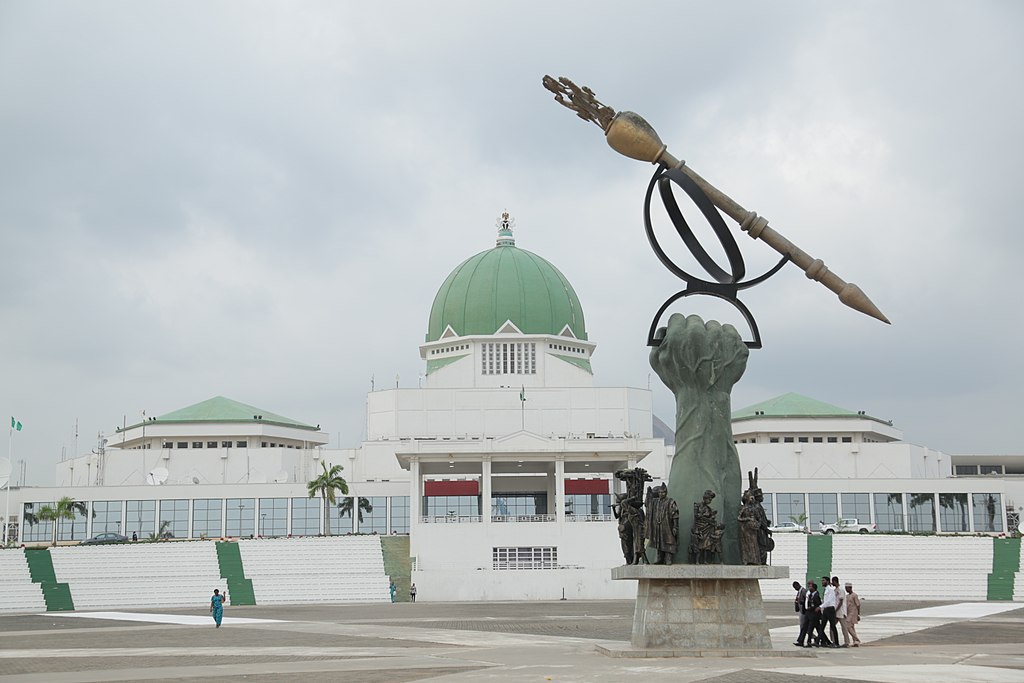Overall Score
In the central part of Nigeria, the young capital of the country, Abuja, has sprung up in the middle of the steppe country. It became a capital city in December 1991. Before this momentous event, the main city of Nigeria was Lagos, 800 kilometers from Abuja. The creation of a new city center was announced in 1976. The government and the president decided to create a new city in which no religious or ethnic group would be a resident.
The metropolitan area is divided into six city districts, one of which, Central, is the seat of the Presidents office. According to historical sources, Abahuja was founded in 1828. The initiator of the creation of the new settlement was Aba Juja – the brother (successor) of the ruler of the state of Zaria. In the beginning the village was a fortified military station. But over time it turned into a town. After the decision was made to move from Lagos to Abuja, the city centers streets were designed. He was appointed chief architect, Kijo Tanguy.
The construction of the new Abuja began in 1980, and by 1991 it was the young capital of Nigeria at the end of three phases of construction. Next, the plan is to complete the last phase of construction by 2020.
There are no large-scale manufacturing facilities in the citys area. Only in specially designated areas there are food and light industry enterprises. There is an international airport in the capital. The ethnic composition of the citys citizens is made up of many nationalities, among them Neunuri, Dulani, Tibetan, and Norouba. Almost half of the citys population are believers in Islam. The remainder follow the Christian religion, and a small percentage of citizens are traditional believers.
The urban area is dominated by an equatorial-musical climate. More than 30 species of fauna are found around the city in the western part of the valley, including anthyllops, beaurelles, and lopards. The main species of local vegetation are baobabs, pawpaws, acacias and cedeba.
Overall Score
- Tap water: No, not drinkable
- Religious government: Religious
- Population: 110,000 people
- GDP: $2,176 / year
- Power outlets: 230V50Hz

- Internet: 5 Mbps
- Best wireless: AirTel
- Pay without cash: No, cash only esp. for foreigners
- Tipping: DON’T feel obligated to leave tips. It’s optional in Nigeria, but if you do want to leave a tip, 5% is fine.
- Apartment listings: La Mudi
- Apartments: Airbnb
- Hotels: Booking.com
- More hotels: Hotels.com
- Best taxi: Uber
- Best coworking space: Kandi Close
- Best hospital: National Hospital Abuja
- Best short-haul air carrier: Arik Air
- Best intl air carrier: Air France
- Monthly costs for expat: $1300
- Monthly costs for family: $1700
- Monthly costs for local: $490
- Meal: $4
- Small Cola: $0.3
- Beer 1 Pint: $2
- Coffee: $3
View Larger Map

